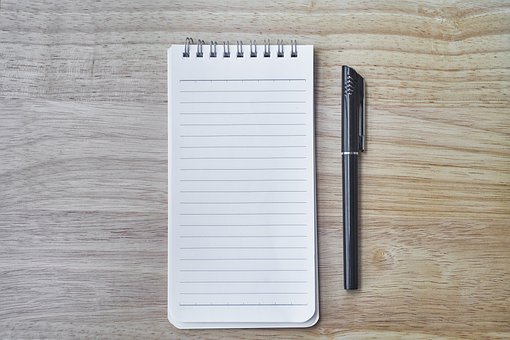How to Assess Your Trash

There is a lot to be concerned about right now. Many of us currently have the privilege of staying safe in our homes while medical personnel, grocery store employees, postal workers, janitors, and so many others are still going to work. When life feels out of control, it is helpful to focus on contributing something positive to the world.
For those of us who are isolating at home, all the trash we generate is gathered in one place. It is the perfect time to monitor what you throw away in order to identify what has reusable replacements or what can be re-purposed. Below are the steps to complete your own trash assessment.

1. Discuss who is included in this trash assessment. If you live with your family or with roommates, ask if they want to participate. The more the merrier! Plus, the more you reduce your waste as a whole, the more money you will end up saving in the long run, even if it’s because you can buy fewer garbage bags.
2. Decide how long you will commit to this trash assessment. This is unique to each family and it depends on how often you fill up a garbage bag. If it takes you awhile to have a full trash can, then assess your waste from empty bag to full bag. If you find that you and your family create garbage more quickly, measure over the course of a few days to a week for the most accurate measurement.
3. Record. Keep track of all recyclables, non-recyclables, and food you throw away. You can use a notebook, your phone, a spreadsheet, or take mental note of what you throw away. If you choose to use paper, keep a sheet of paper and a pen near all the garbage and recycling containers in your home.

4. Assess. Use these questions as a guideline, but don’t feel limited by them:
- What do you throw out the most of? It may be helpful if you organize your list by frequency for this discussion.
- Can you identify any easy reusable swaps?
- How much plastic are your throwing away? Can you think of any non-plastic alternatives?
- Did you record any wasted food? How can you reduce your food waste? Ex: Keep the fridge organized so food isn’t forgotten
- Is there a local facility that accepts food scraps? Try googling “food scrap collection near me”
- Can you identify more challenging zero-waste alternatives that you are willing to try?
- What have you thrown away that has an alternative use in your home? Ex: Can your glass salsa jars be used for something?
- Are you properly sorting your waste?
5. Implement your adjustments! Figure out a game plan and follow through. Research eco-friendly swaps for what you throw out the most. Check out my posts on paper towel alternatives, a zero-waste shower routine, sustainable grocery shopping, zero waste on the go, plastic-free shaving, and my eco-friendly dental routine. Follow @fixour_earth on Instagram for extra tips on eco-friendly living. Package Free is a great resource for eco-friendly household items.

Honestly, there is no “away” when you throw something out. Your trash always ends up somewhere, whether that is in our oceans and rivers or in a landfill. It does not disappear, we simply find someplace to put it that is out of view. Through assessing your trash, you will reduce your impact on our planet. Any action helps, even if it’s small. I’d love to hear from you in the comments if you have found a reusable replacement for something you throw out often!
